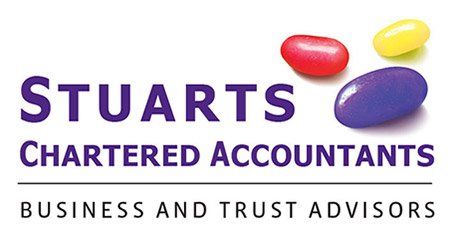Medical certificates for employee related absences
A frequent area of frustration for employers are medical certificates that are provided by Doctors and/or health professionals for employee related absences. The main concern that employers face in this context relates to the often lack of detail and/or vague information contained in medical certificates.
Medical certificates tend to say very little, or nothing about the actual cause for an employee being declared medically unfit, or unable to work, to the point where sometimes it looks like the employee themselves have written the medical certificate. For example, words to the effect of ‘the patient has advised me that they are sick, therefore they are sick from this period until this period’. These sort of certifications are not particularly helpful in terms of verifying the genuineness and/or reason regarding an employee’s absence from work.
The Medical Council of New Zealand, which is the professional body that regulates Doctors has guidelines regarding medical certifications. In summary, the guidelines set out standards that ‘must’ be followed when a Doctor completes a medical certificate. Medical certificates are legal documents and the guidelines require that they be completed ‘promptly, honestly, accurately, objectively, and based on clear and relevant evidence’.
The guidelines also provide for specific guidance on the content of medical certificates and include things like:
• The information should be accurate and based on clinical observations;
• Provide necessary information required by the receiving agency, i.e. the employer;
• Consented to by the patient;
• Any comments on fitness for work;
• Identify the examination date and time period of treatment;
• Clearly identifying retrospective medical certificates (if issued).
Based on the Medical Council guidelines there is a clear argument to be made in favour of employers potentially pushing back on vague and/or unspecific medical certificates, and attempting to seek further information, or clarification in appropriate circumstances.
Given the relevance of the guidelines, and in the event the circumstances warranted it – there is a legitimate basis to push back on vague medical certificates and request from the employee through their Doctor to provide more detailed information in accordance with the guidelines.
In the event that a Doctor refuses to provide that information and/or clarification, then that may constitute grounds for raising the matter with the Medical Council, for example – via a formal complaint that the Doctor has not followed the Medical Council’s guidelines. However, whether or not the Medical Council progresses the matter further, or requires any form of corrective action would be for it to determine.
Putting the above aside, there appears to be a level of merit in an employer citing the guidelines and asking for more detailed information and/or clarification regarding the specific reasons why a Doctor has certified an employee as unfit to work in situations where that information is lacking.
If you didn't want to call a Doctor's professionalism into question, a good check is to get medical certificates verified by the Practice for authenticity. Given the availability and capability of computers and phones these days we often see self-authored medical certificates being presented to employers as 'evidence' for sick leave, be willing to verify them with the alleged issuing party.


